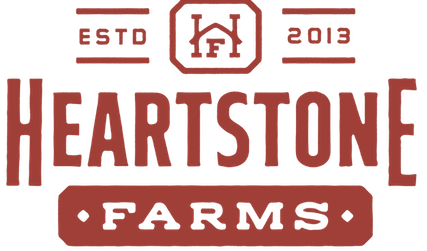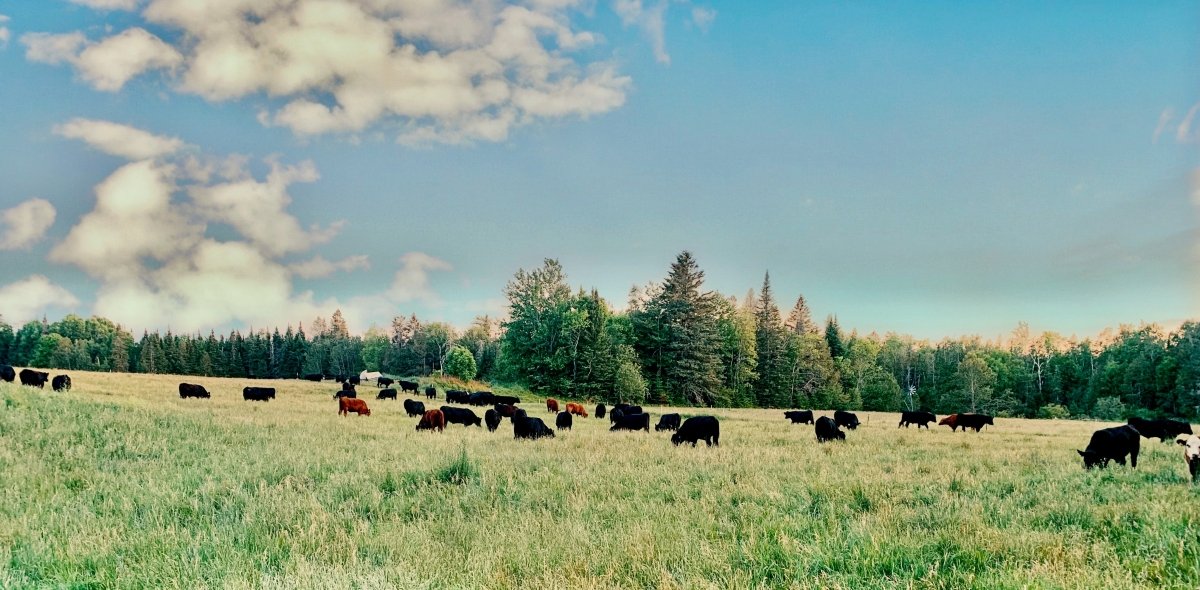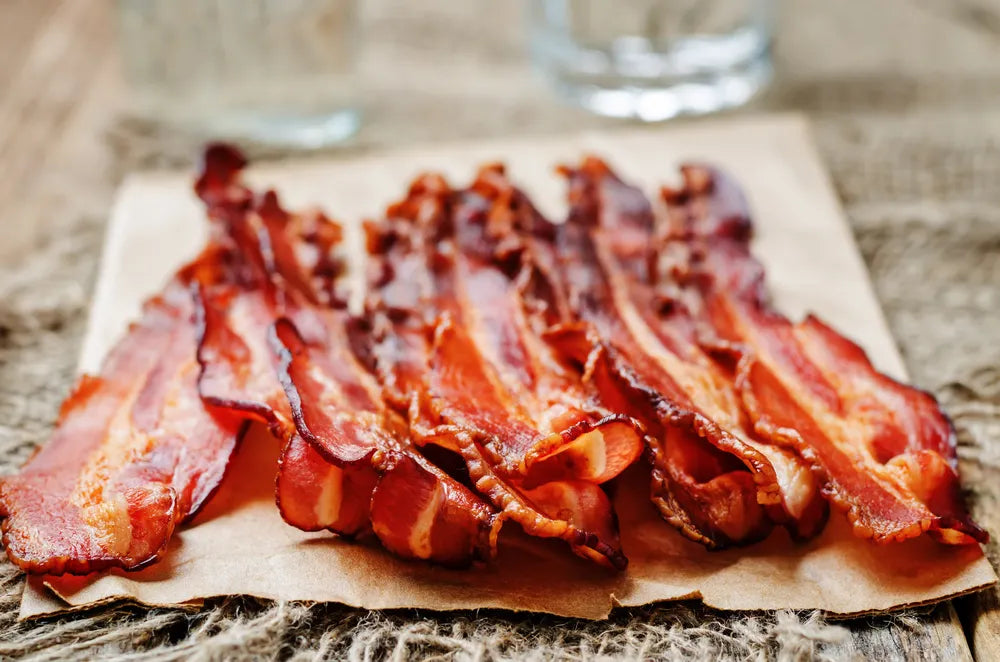100% Grass-Fed and 100% American - Why it matters
In a world where consumers are increasingly conscious about the origin of their food, one surprising fact stands out: AT LEAST 75% of the grass-fed beef sold in the United States is actually imported from overseas*. This startling statistic raises important questions about food sovereignty, environmental impact, and the future of American farming.
And things are getting worse, not better.
According to USDA data, Australia is on track to ship 64 percent more than last year, Brazil is on track to ship 50 percent more and it’s expected that Uruguayan beef imports will increase by 57 percent.**
The Current State of Grass-Fed Beef in America
The grass-fed beef market has experienced explosive growth over the past decade, with consumers seeking healthier, more sustainable meat options. However, this growing demand has led to an unexpected consequence: a flood of imported grass-fed beef into the U.S. market.

Let's look at some major players in the direct-to-consumer meat industry:
- ButcherBox, the largest direct-to-consumer meat box company in the United States, sources all of its grass-fed beef from Australia
- US Wellness Meats imports “some” of their grass-fed beef from Tasmania
- CrowdCow sources exclusively from Uruguay
We Think What Country Your Food Comes From Matters
Supporting American Farmers
When you choose imported grass-fed beef, you're missing an opportunity to support American farmers who are working hard to maintain sustainable farming practices. These farmers are the backbone of our rural communities and play a crucial role in maintaining our national food security.
Environmental Impact
While grass-fed beef is generally considered more environmentally friendly than conventional beef, the transportation of imported meat creates a significant carbon footprint. Consider the distance:
* Australia to US: approximately 7,500 miles
* Tasmania to US: over 8,000 miles
* Uruguay to US: about 5,000 miles
Quality Control and Standards
Different countries have varying standards for:
* Animal welfare practices
* Antibiotic use
* Hormone treatments
* Processing facilities
* Food safety inspections
When you buy 100% American grass-fed beef, you're getting meat produced under USDA oversight and regulation.
The Heartstone Farm Difference
At Heartstone Farm, we've made a foundational commitment to sourcing exclusively from American farmers. This isn't just a business decision – it's a reflection of our core values:
- Supporting Local Economies: Every dollar spent on American grass-fed beef helps sustain our farming communities
- Environmental Responsibility: Reduced transportation distances mean a lower carbon footprint
- Quality Assurance: Direct relationships with our farmers ensure consistent quality and ethical practices
- Transparency: We believe our customers deserve to know exactly where their meat comes from
Our Promise
No matter how much we grow, our commitment to American-sourced grass-fed beef will never waver. This promise isn't just about patriotism – it's about:
* Building a sustainable food system
* Supporting American agricultural communities
* Ensuring the highest quality standards for our customers
* Maintaining transparency in our supply chain
Looking Forward
The future of American agriculture depends on conscious consumers making informed choices about their food sources. By choosing American grass-fed beef, you're not just making a choice about dinner – you're voting with your dollars for:
* A stronger American agricultural system
* More sustainable farming practices
* Better support for local farming communities
* Reduced dependence on foreign food sources
What You Can Do
When shopping for grass-fed beef, always check the source. Ask questions about where the meat comes from and how it was raised. Your choices matter, and together we can build a stronger, more sustainable American farming future.
At Heartstone Farm, we're proud to be part of the solution, providing 100% American grass-fed beef to consumers who care about quality, sustainability, and supporting local agriculture. Join us in making a difference, one meal at a time.
SOURCES
* https://organicconsumers.org/do-you-know-where-your-meat-comes/
**https://www.tsln.com/news/on-the-move-more-beef-imports-from-australia-brazil-uruguay/





1 Comment -
Annie •
Thank you for this vital information. I hope Americans learn more and continue to purchase American grass fed meats, I only buy from your farmers. You are the best!!